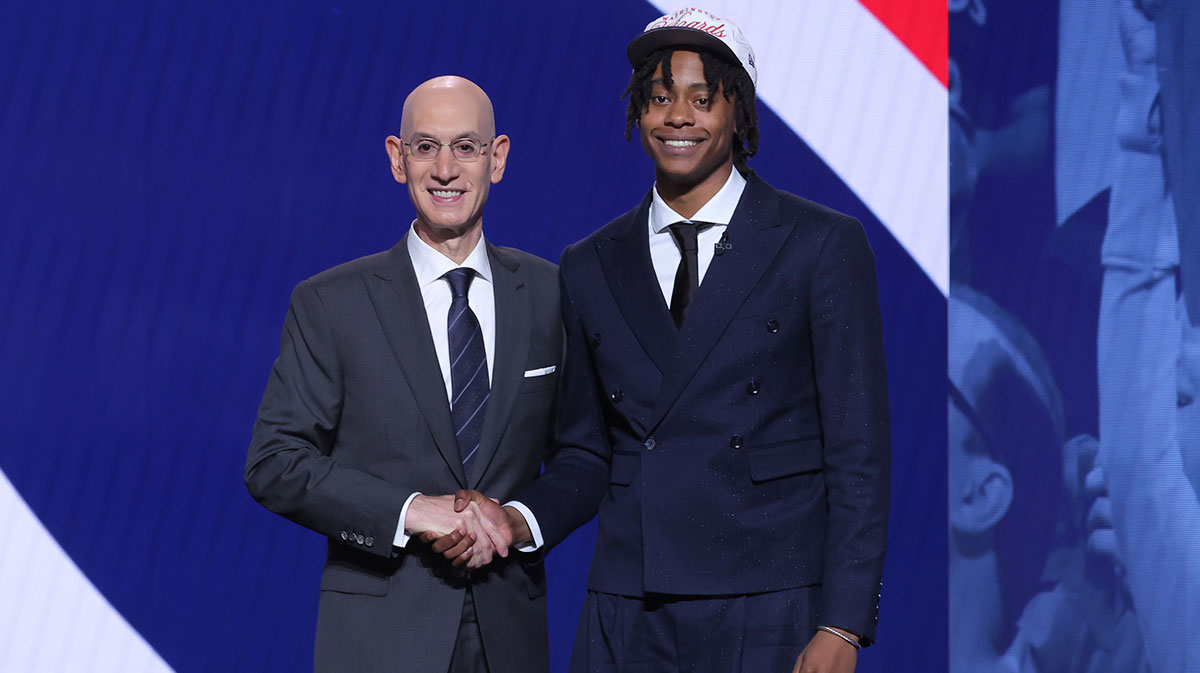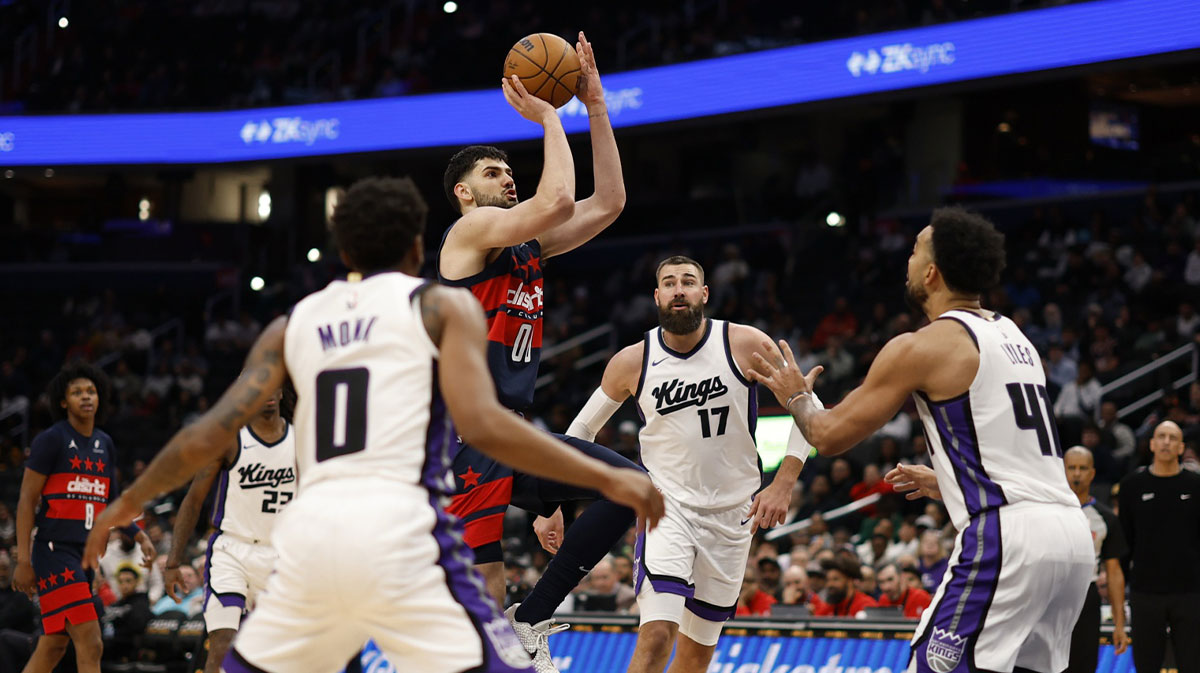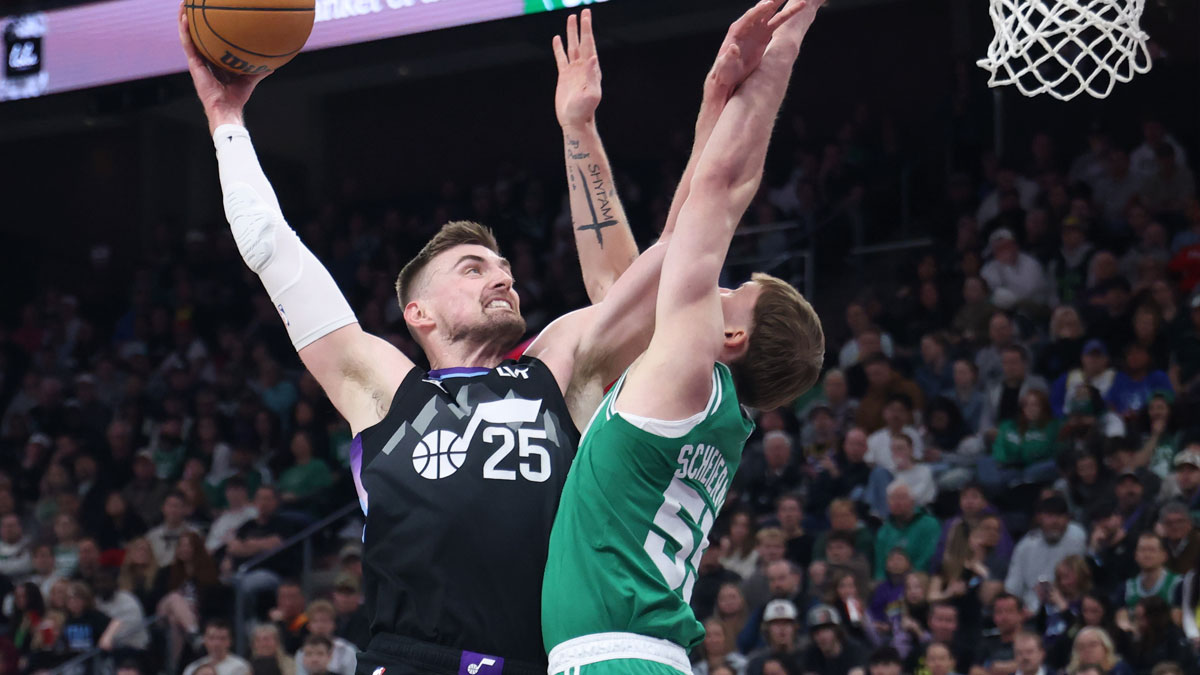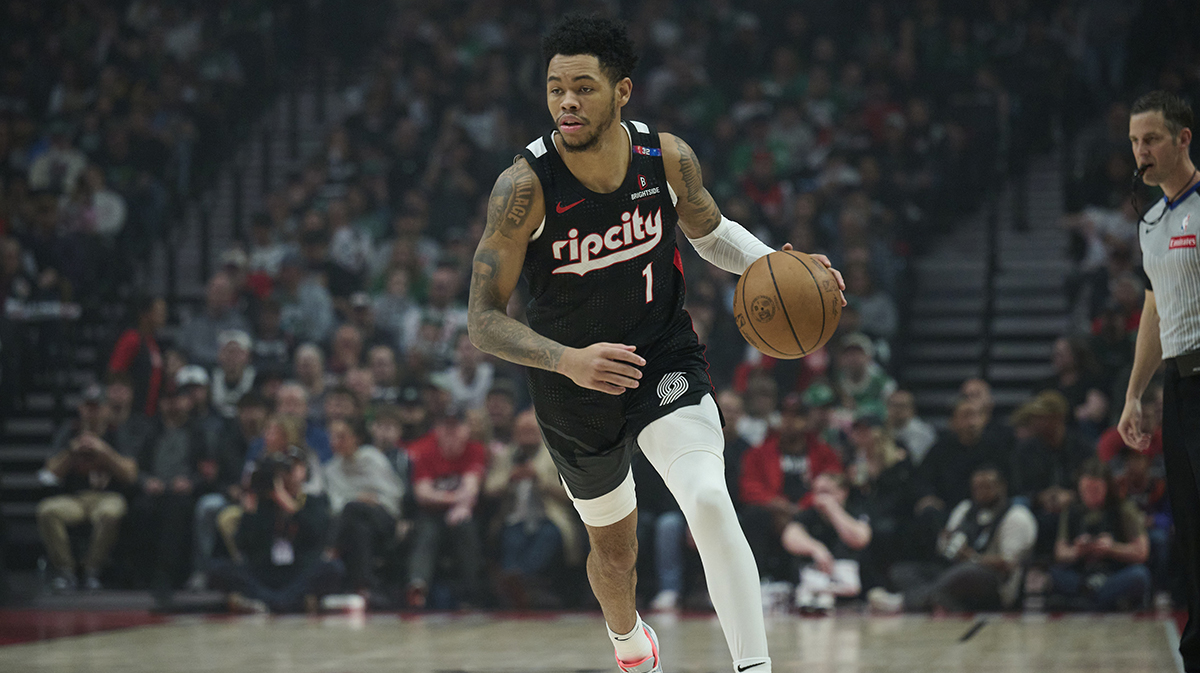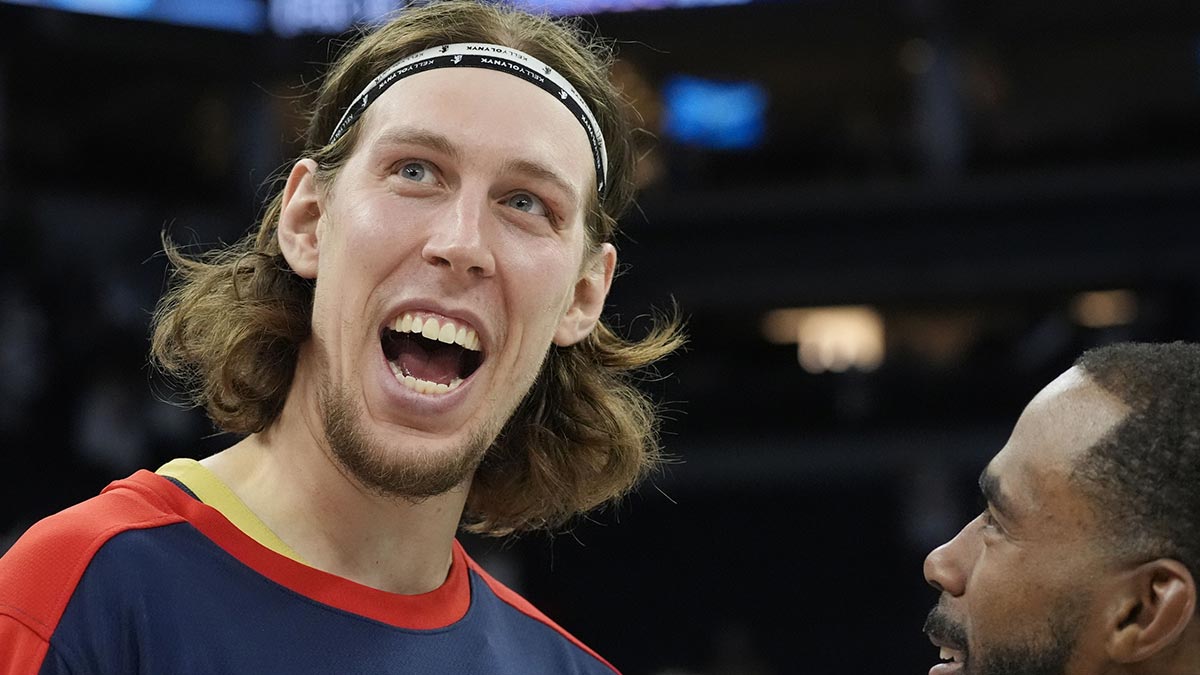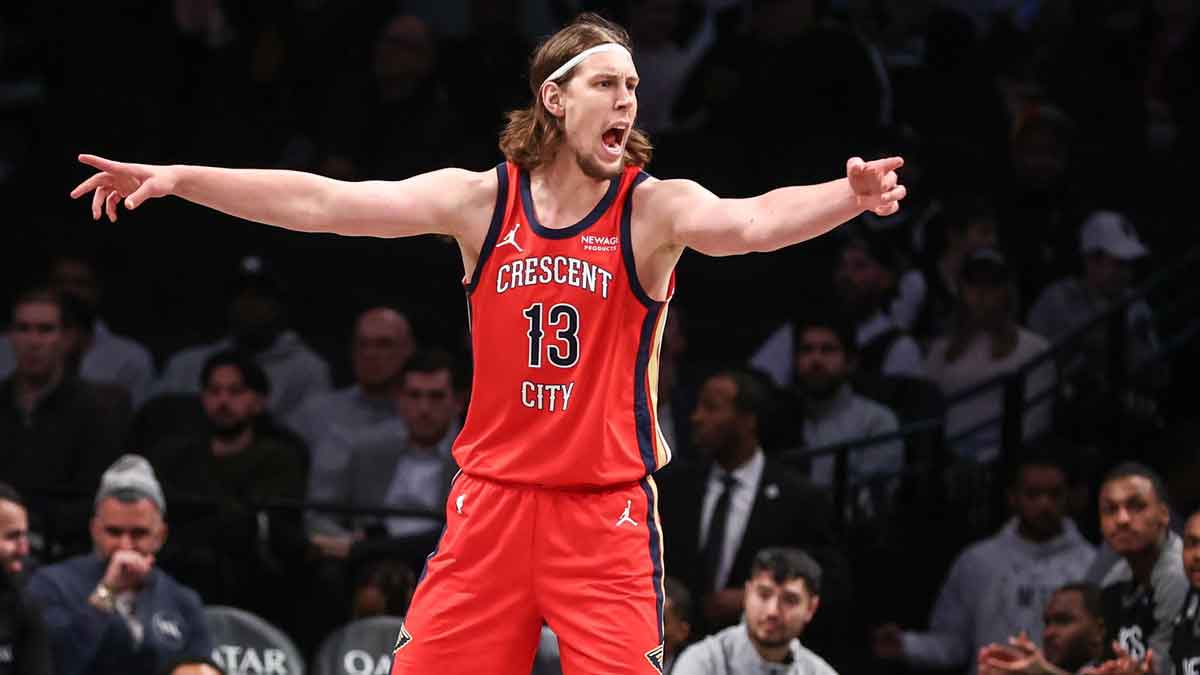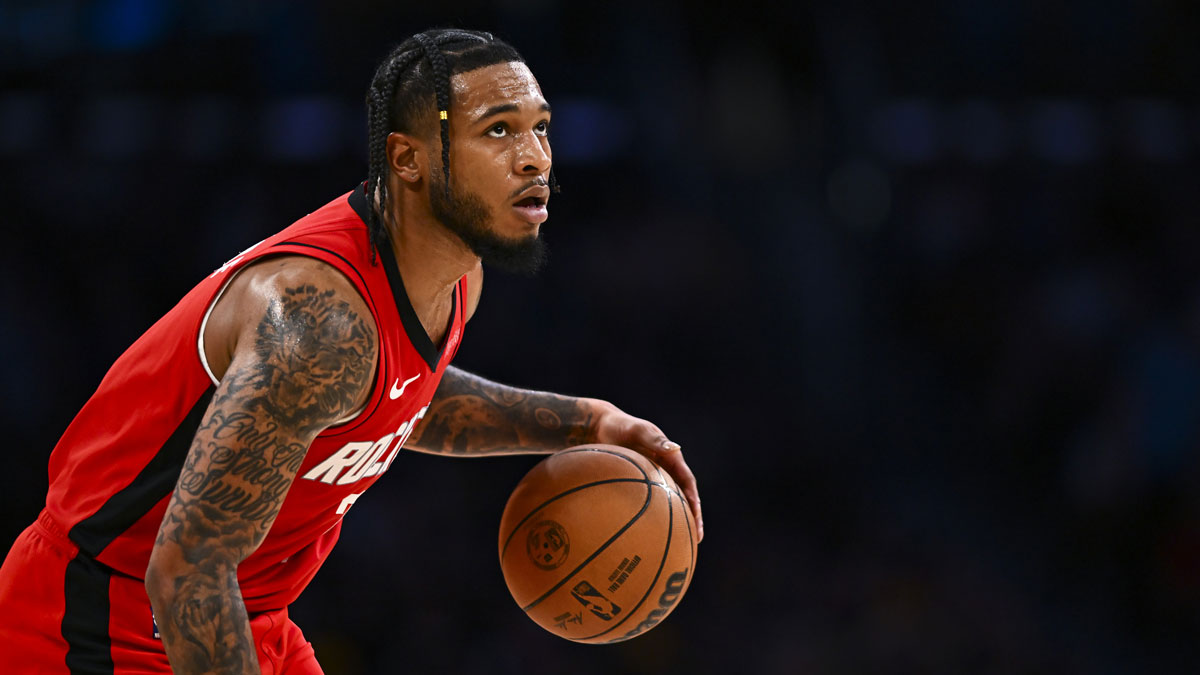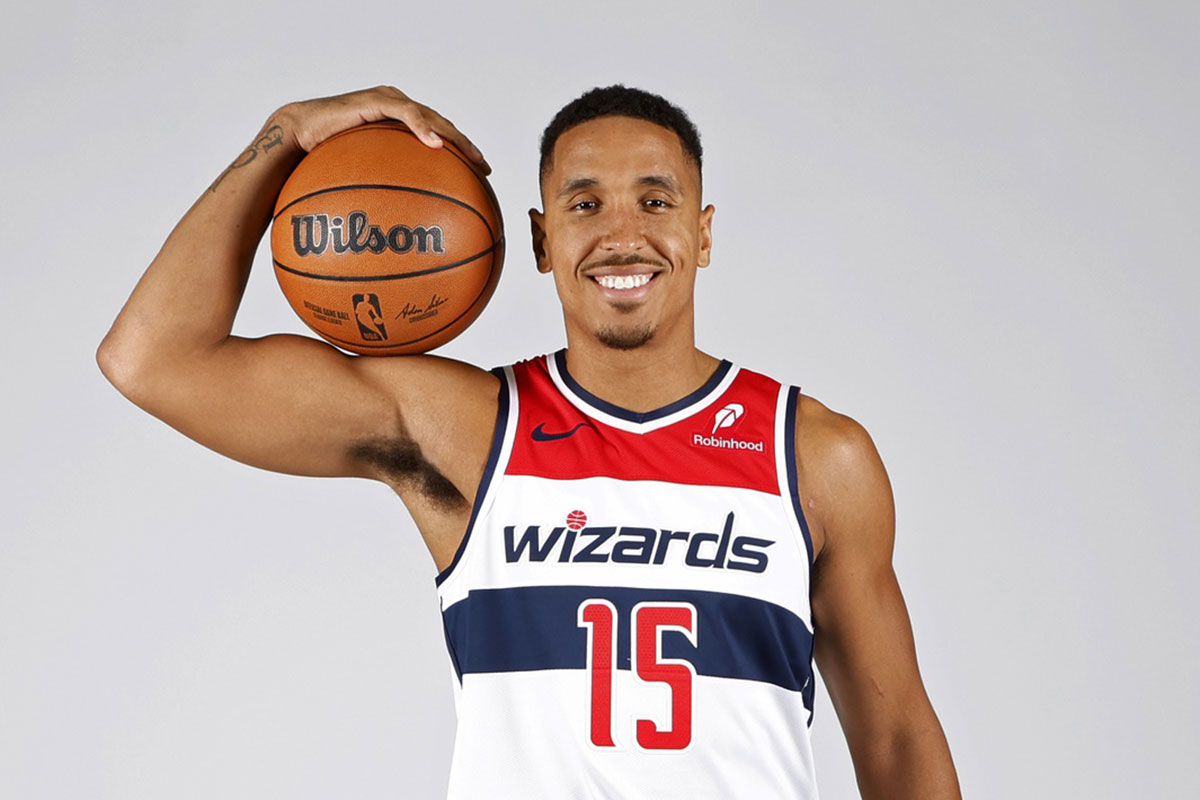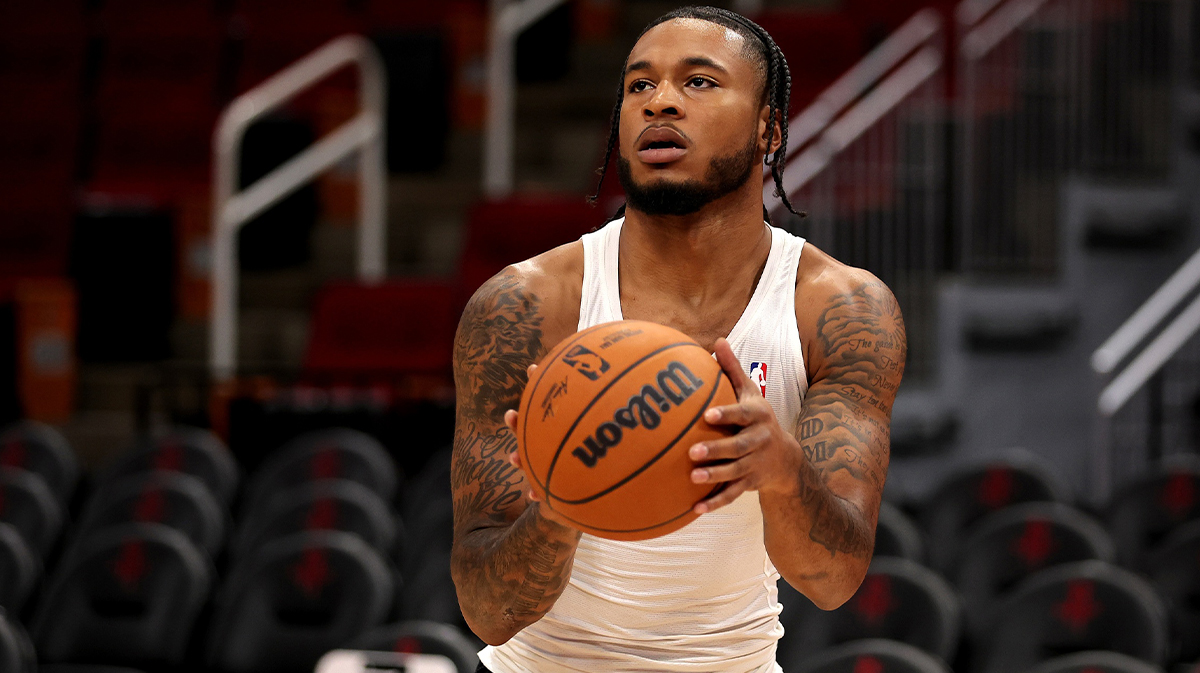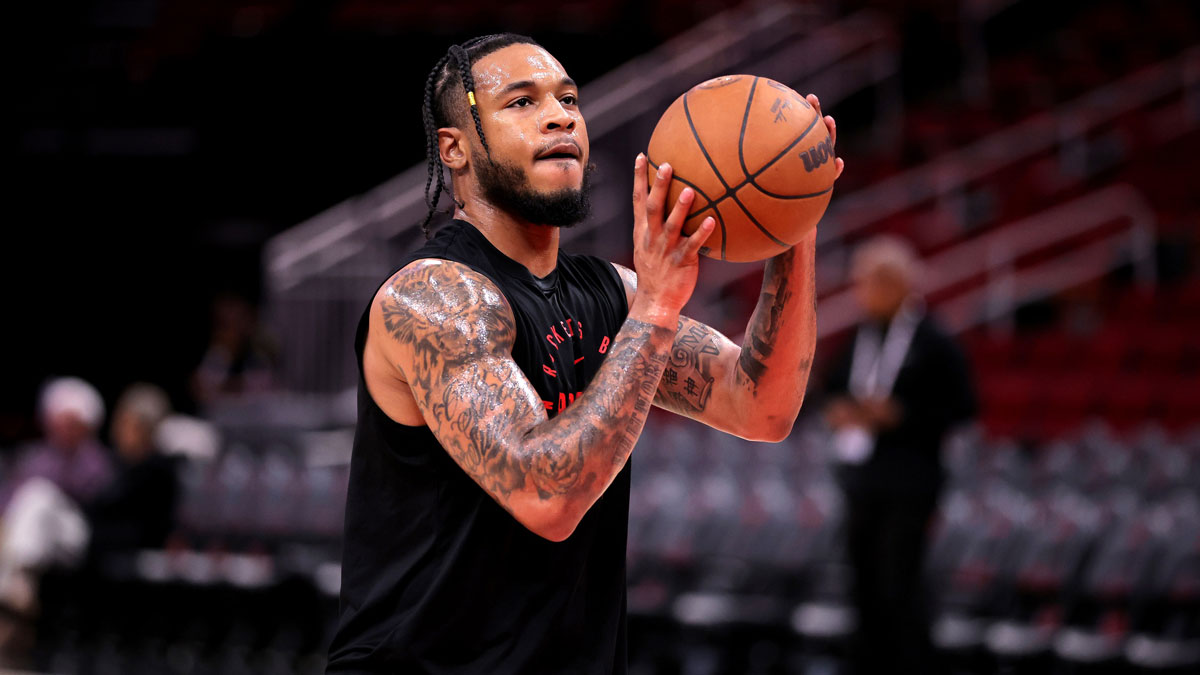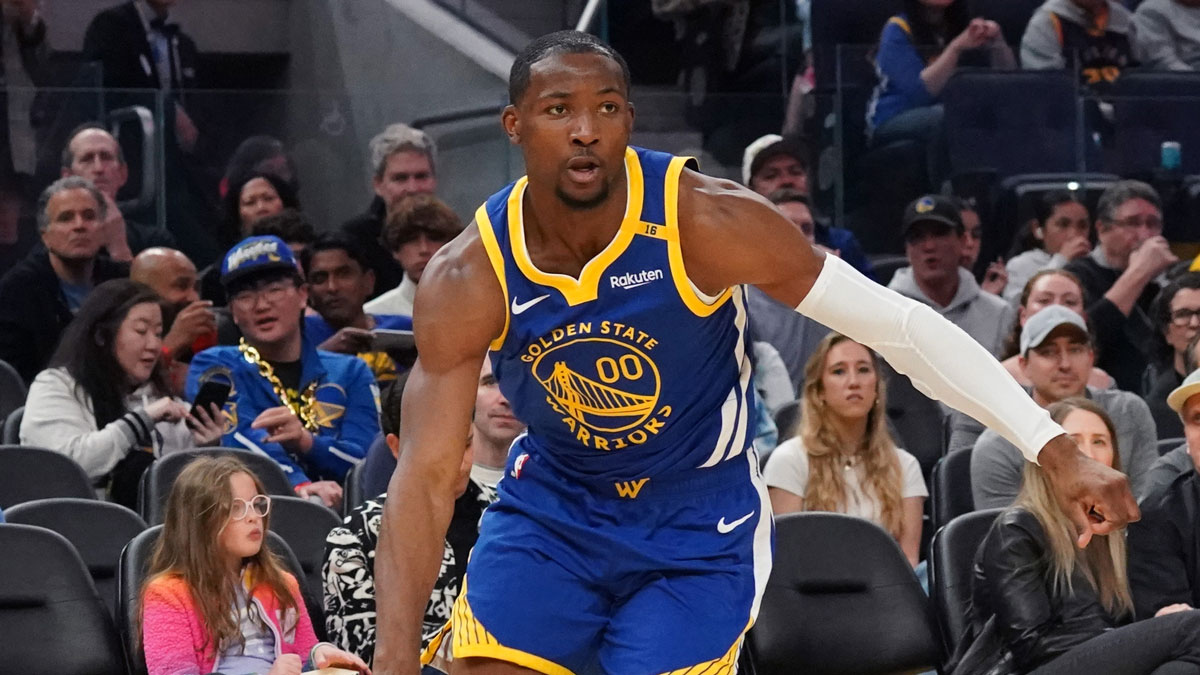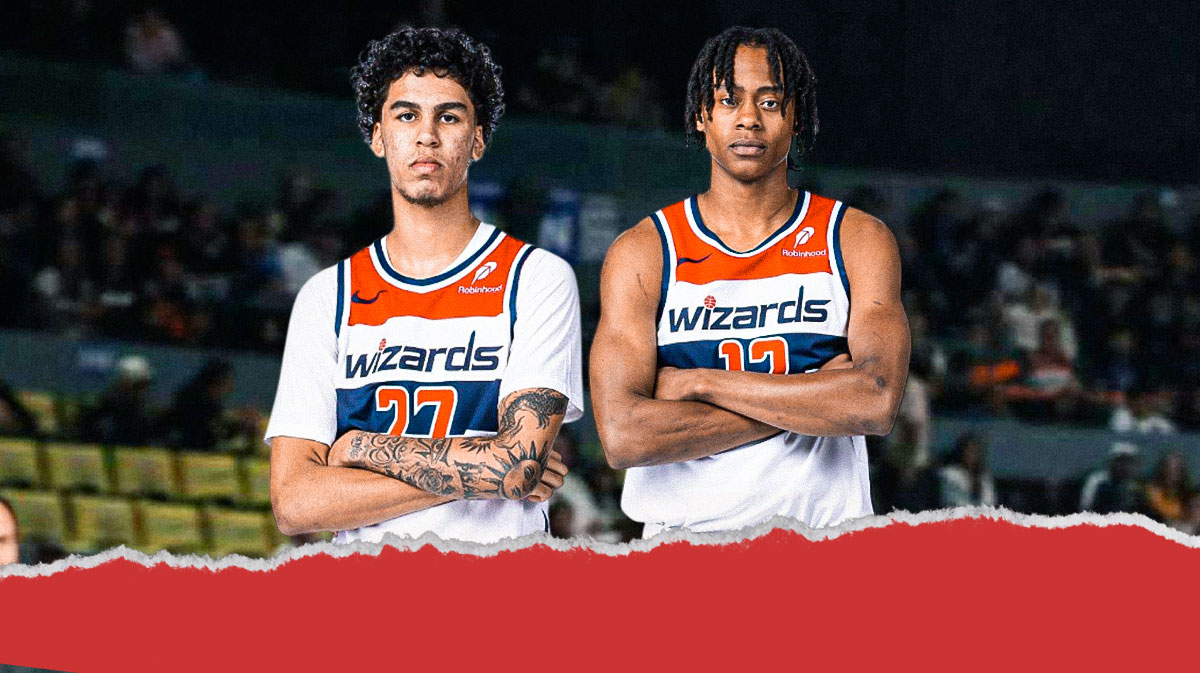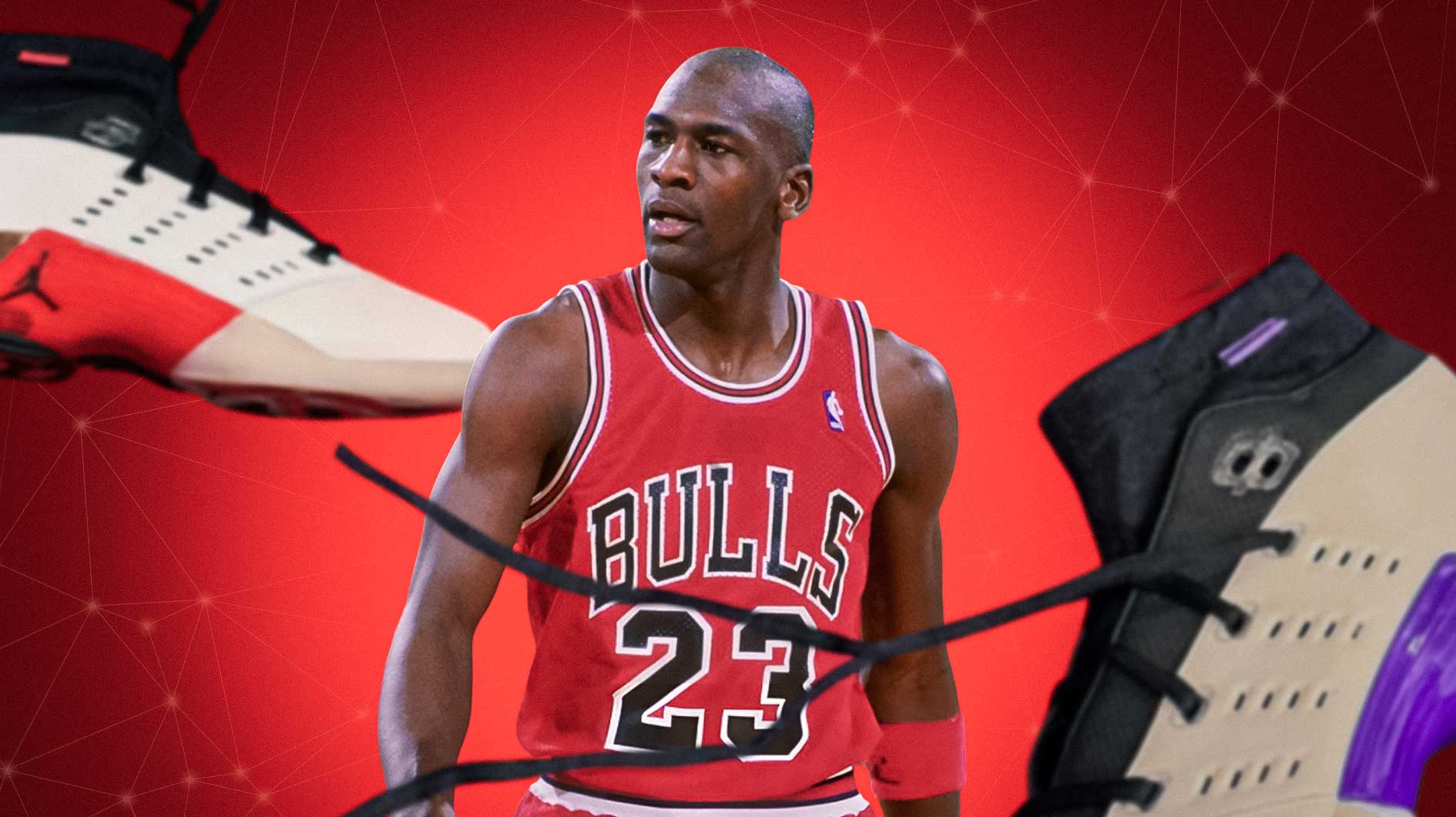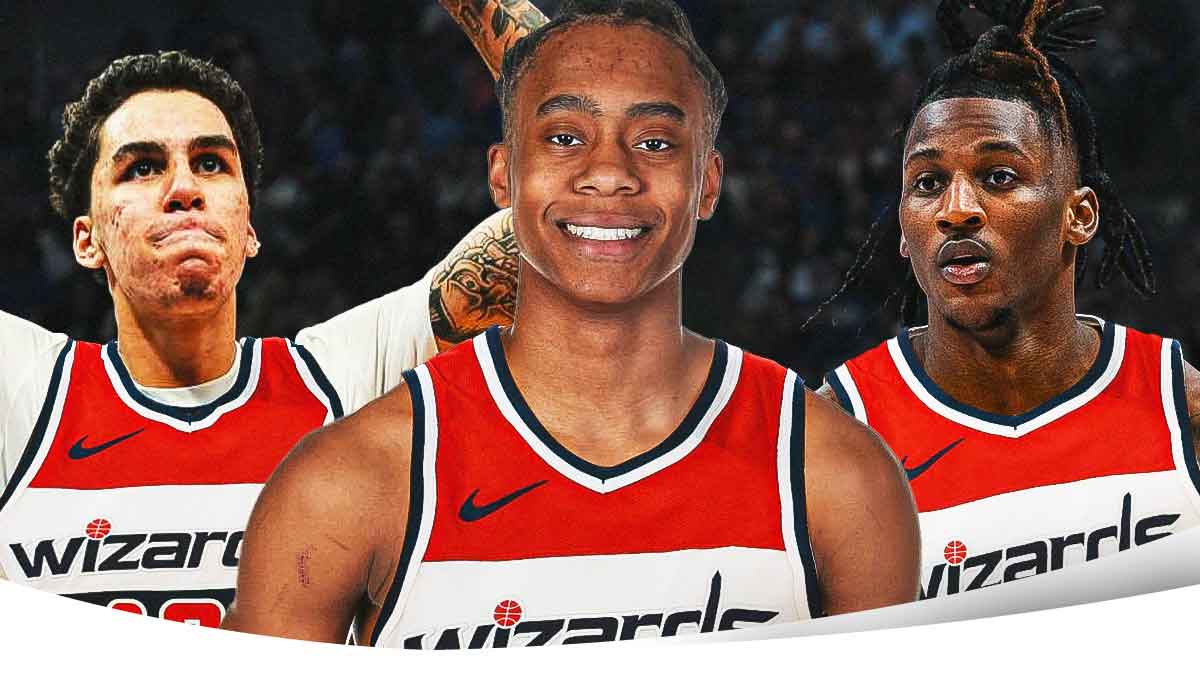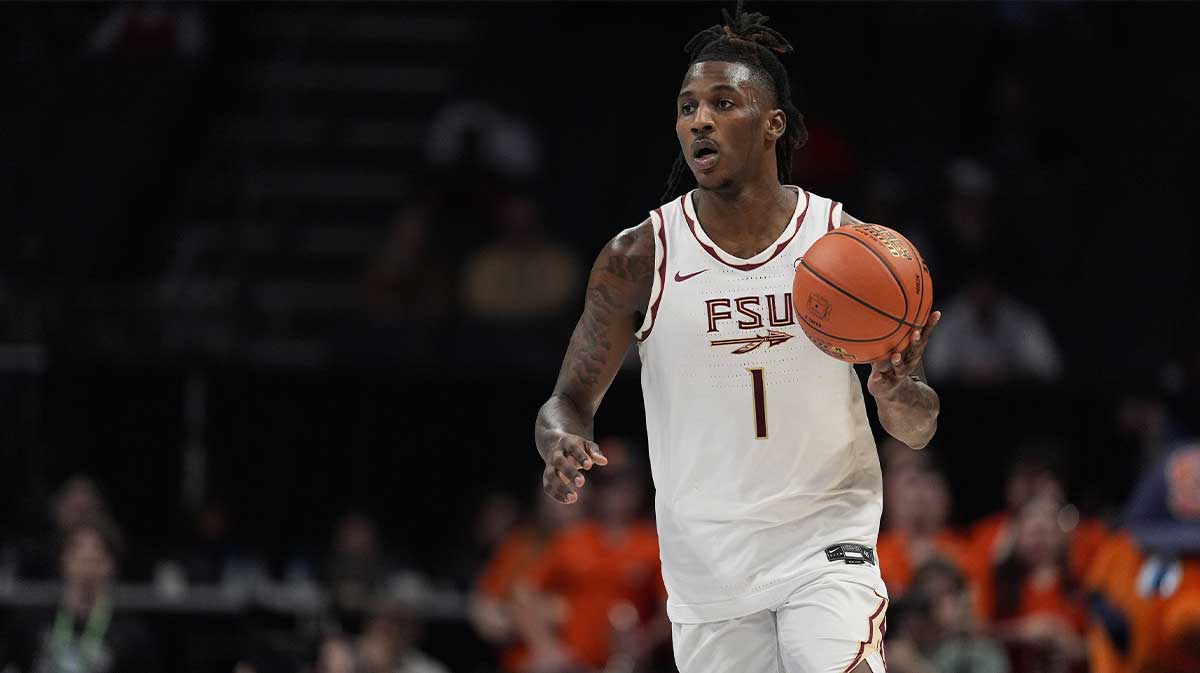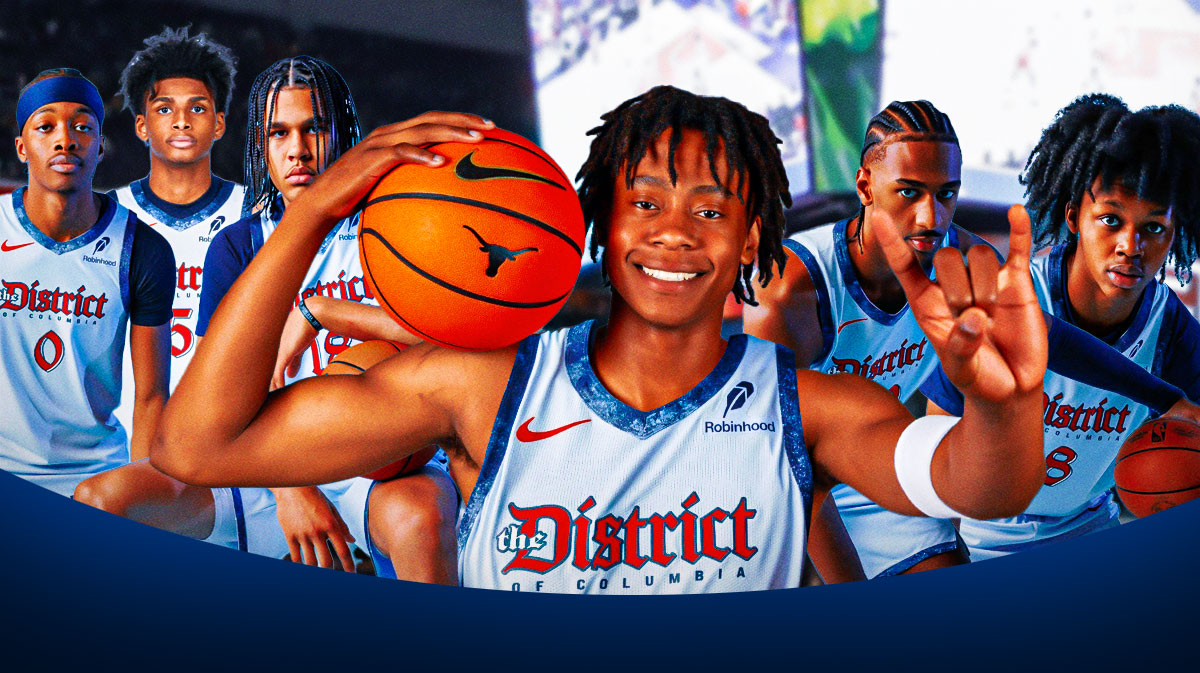The Washington Wizards have come to a crucial part of their season, as management has now taken the kid gloves off and reportedly declared that no one is safe if the team chooses to go through with an early-season trade. That statement rang loud to the All-Star backcourt comprised of John Wall and Bradley Beal, as the two stars had previously been thought to be off the table for any team inquiring about their services.
With that no longer being the case after previously failed attempts to trade swingman Otto Porter Jr. and Kelly Oubre Jr. in search of another All-Star, the front office is determined to find a solution to a head-scratching 5-11 start, even if it means parting ways with either of their homegrown products.
The Wizards have been mired in this issue for many years now, often using the excuse of untimely injuries to John Wall or Bradley Beal putting them in a fragile state to make a statement in the Eastern Conference. But with both healthy entering this season, many have been left to see the same ol' song and dance play out right in front of their eyes.
It is indeed time for change in the nation's capital, and unfortunately that must all start with trading away one of their two All-Stars and ending a six-plus-year partnership between them.

Washington would prefer to keep the backcourt intact, as they have previously tried to do on numerous occasions, but the amount (or the quality) of assets is simply not there to acquire a third All-Star player to contend against the likes of the Boston Celtics, Toronto Raptors or the newly re-bolstered Philadelphia 76ers.
The All-Star with the most trade value is Bradley Beal, three years younger than Wall and already an elite 3-point shooter with a proven record as a scorer in this league. His versatility as a 3-and-D shooting guard could be useful and a virtual plug-and-play into any offense, as he has proven capable of making plays on and off the ball.
Acquiring Wall would represent the re-forging of an offense for a team willing to bring him in, given his ball-dominant play and the large contract that comes with him. The Kentucky product signed a four-year, $169 million supermax deal with the Wizards in 2017, but that contract won't kick in until next season starts — making his $19.2 million salary this season more digestible, even with the 15 percent kicker sewn into his current deal.
The New Orleans Pelicans, for one, are in dire need of a point guard after a finger injury is set to keep starter Elfrid Payton out for the next six weeks — and the team could finally make the boldest of claims to keep big man Anthony Davis by blessing him with another former Kentucky Wildcat to play with.
The main question remains how the Pels could trade for Wall, given the near-$42 million annual bill they would be forced to pay out after this season concludes.
Davis himself is awaiting a max contract after putting himself among the five best players in the league, something that could prove tough to do when Wall is reeling in the bulk of the cash.
It's worthy to note that Davis and Wall share the same agent in Rich Paul of Klutch Sports, making this connection an intriguing one, if both teams are willing to take the risk.

In return, the Wizards could hope for a motor player like Julius Randle along with multiple first-round picks. Packaging guard Frank Jackson and forward Solomon Hill could make for salary fillers to complete the trade (h/t Kevin O'Connor of The Ringer).
While it could be a work in progress for the Wizards, coach Scott Brooks would have a much easier time dealing with one All-Star ego and keep the pressure off his neck with the team no longer committing so much cash to Wall long-term.
Wall, though, has been a favorite of owner Ted Leonsis for years, and could easily be the All-Star who remains on the team shall the Wizards swing for the fences and make a move in the near future.
Still, despite the likely slight regression that comes with trading a star away, the Wizards would set themselves up for future success by splitting this fruitless partnership and starting anew with a restructured core and a new mindset, one no longer dominated by egos but rather for the pursuit of a common goal.

